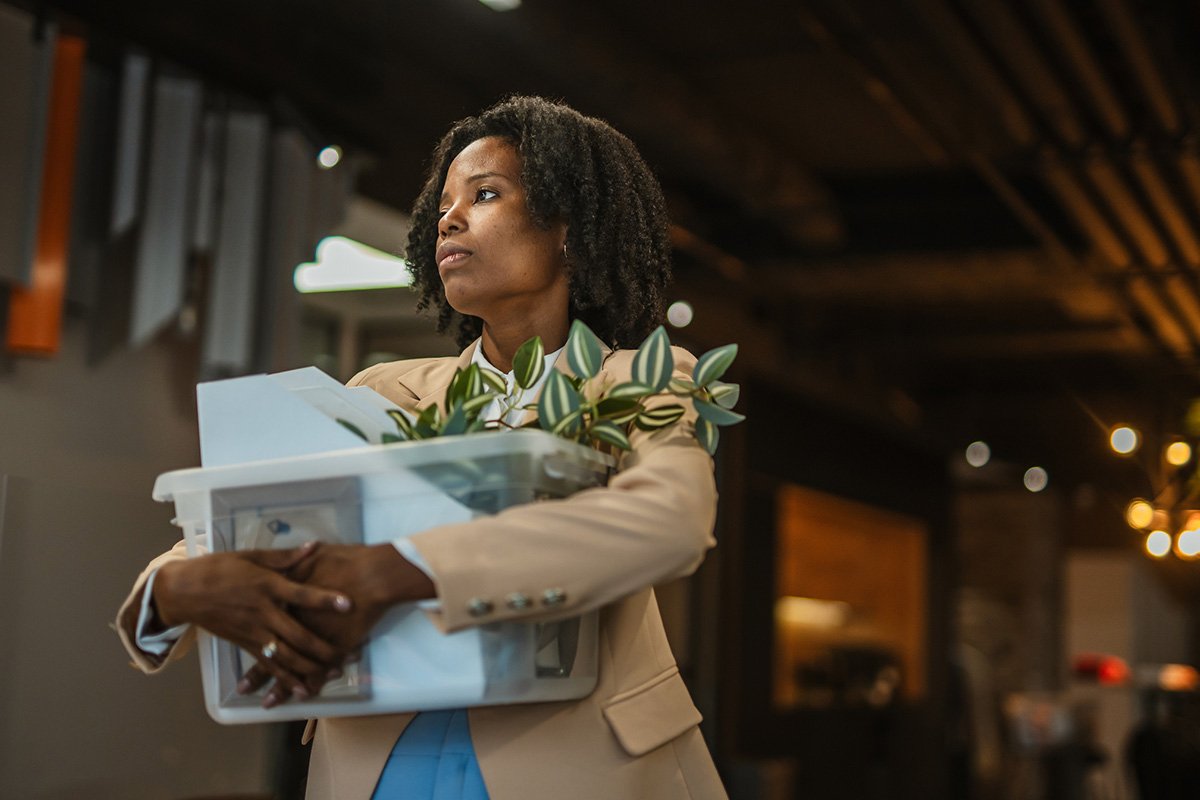The following is a transcript of the video above, from our webinar on “Remaking the Economy: Black Food Sovereignty, Community Stories.” View the full webinar here.
Pastor Keith Davis: It’s interesting. I’ve just returned from spending two weeks in Egypt and took a cruise down the Nile and heard how fertile the land is, and how it was once the breadbasket that fed the world. And today, they lack, and they have to buy food because of the politics. It’s so interesting, because some of what I heard in Egypt and Africa is very similar…So let me say this. In the inner city we have, in our nonprofit we’ve been in, we’ve had a food pantry for 30 years. And it’s the same cycle. Same people. In fact, the faces haven’t changed over the decades. As I said, at our core, we’re technologists, we’re engineers, we’re a bunch of geeks. But we’re community centric. We’re serving our community.
Sign up for our free newsletters
Subscribe to NPQ's newsletters to have our top stories delivered directly to your inbox.
By signing up, you agree to our privacy policy and terms of use, and to receive messages from NPQ and our partners.
As a pastor in the city for—I won’t age myself, but—decades, I’m concerned about the people. So, when the opportunity presented itself to leverage our tech background with moving our traditional food pantry into a sustainable model where we don’t have this charitable model any longer, but we have a model that really is sustainable, it was a no-brainer for our team. We are envisioning, through investments that we’re currently making, that we’ll be able to stand up [in] an inner city, on blacktop, a container that is a farm that produces fresh vegetables, so that we can distribute to the folk who live in our city. And we’re wanting to have a project that demonstrates success and replicate that throughout our region and make it available to other traditional farmers and other cities in our area and connect it with healthcare community. So, the idea of an ecosystem becomes extremely important where, again, as a nonprofit, we’re not looking for what is our singular win in this, but what is the collective impact that we can achieve by bringing partners and offer[ing] services that complement what we’re doing here in the city of Camden?











